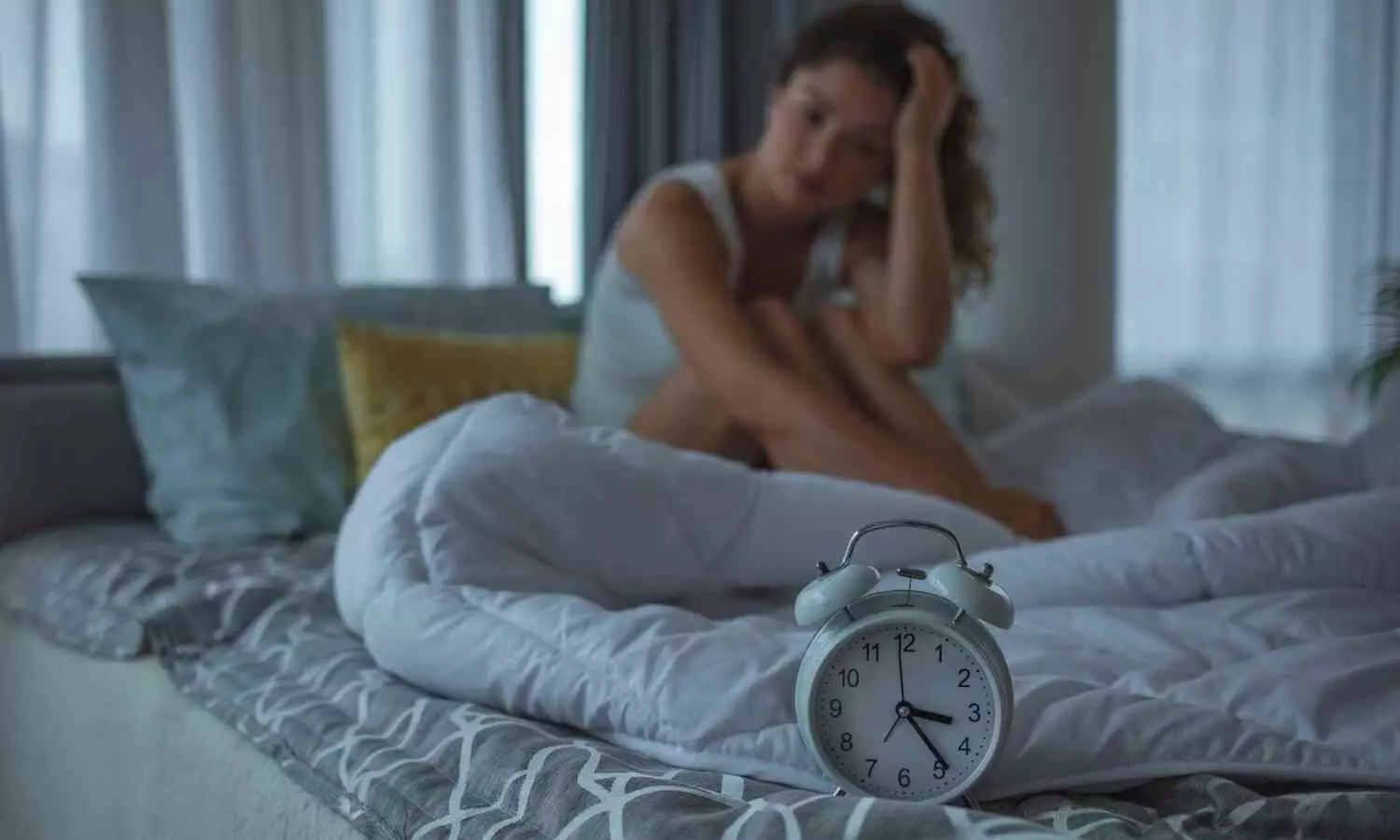Bedtime Screen Use May Increase Insomnia Risk by 59%, Study Finds

New Delhi: New research suggests that screen use in bed may significantly increase the risk of insomnia. Scientists from the Norwegian Institute of Public Health have found that using electronic devices while in bed can raise the likelihood of developing insomnia by as much as 59 percent.
The study, published in Frontiers in Psychiatry, involved a survey of 45,202 young adults aged 18–28 in Norway. It revealed that the type of screen activity—whether social media, browsing, or streaming—did not significantly alter the impact on sleep. Rather, the mere presence of screen use in bed appears to be the key factor disrupting rest.
Lead author Dr. Gunnhild Johnsen Hjetland explained, “We found no significant differences between social media and other screen activities, suggesting that screen use itself is the key factor in sleep disruption—likely due to time displacement, where screen use delays sleep by taking up time that would otherwise be spent resting.”
The findings indicate that bedtime screen use can reduce sleep duration by an average of 24 minutes. This pattern of reduced sleep is especially concerning among students, where sleep problems were found to be highly prevalent. Researchers noted that poor sleep in this demographic could have broad implications on mental health, academic performance, and overall well-being.
Importantly, the study highlights that screens interfere with sleep primarily by cutting into rest time, not necessarily by making users more alert. This suggests that turning off screens earlier in the evening may help mitigate sleep problems. Hjetland recommends avoiding screen time for at least 30 to 60 minutes before bedtime. For those who must use screens, disabling notifications may help reduce nighttime disruptions.
Supporting this concern, a recent study from Pennsylvania State University found that young adults who don’t get sufficient sleep may face an increased risk of developing high blood pressure—a major risk factor for heart disease.
The findings underscore the growing need to understand the global impact of screen habits on sleep and health.


